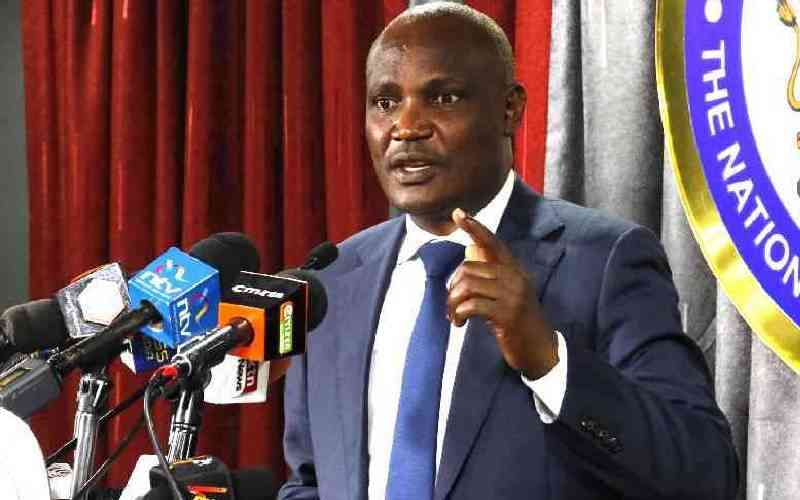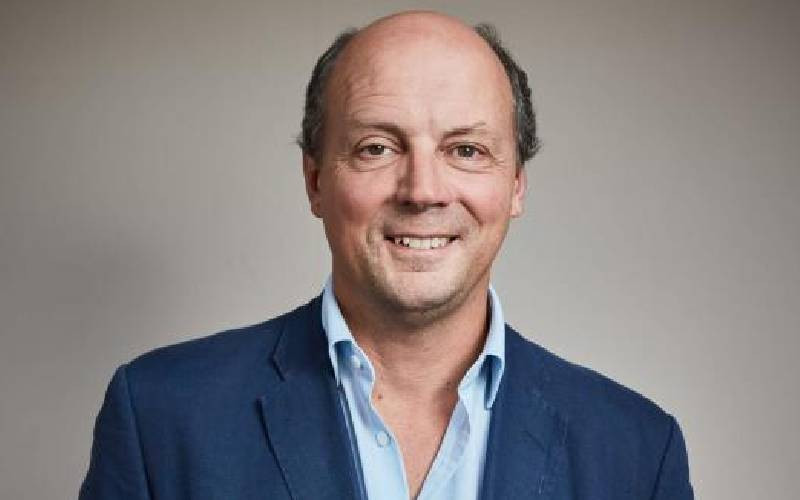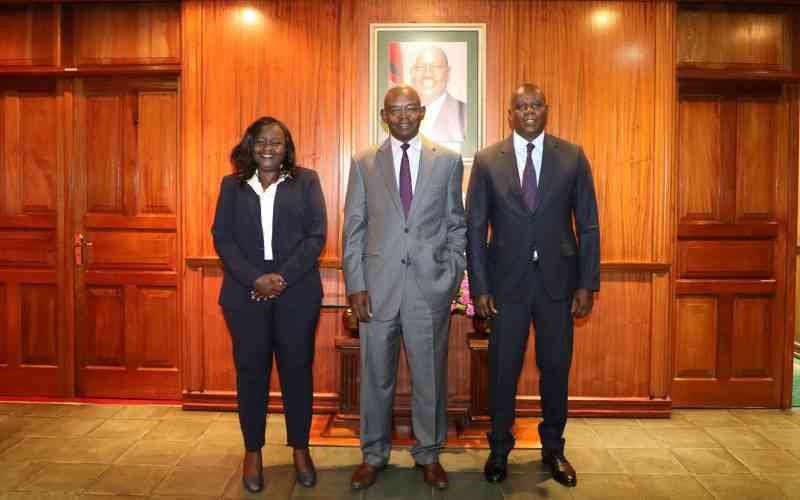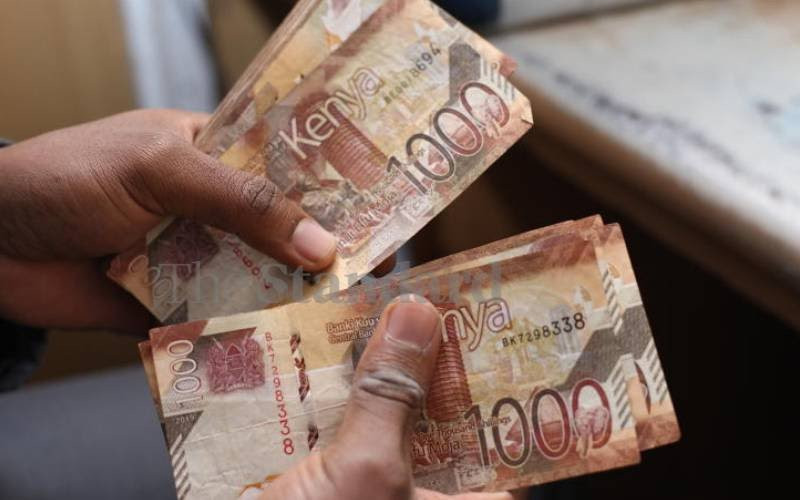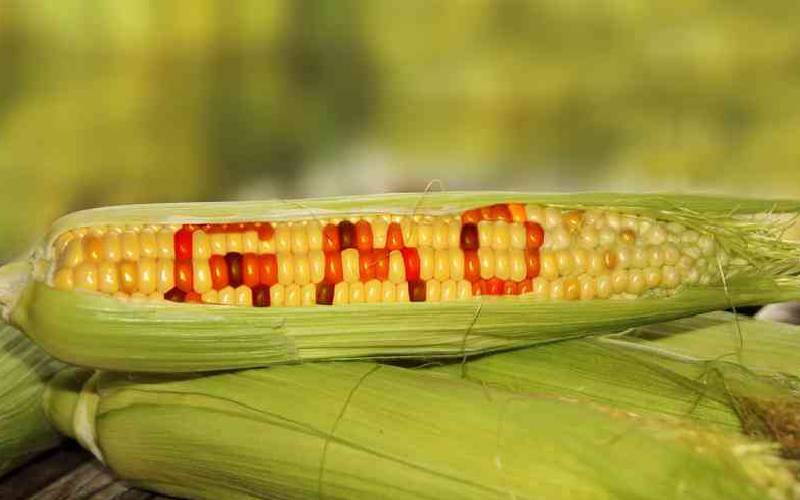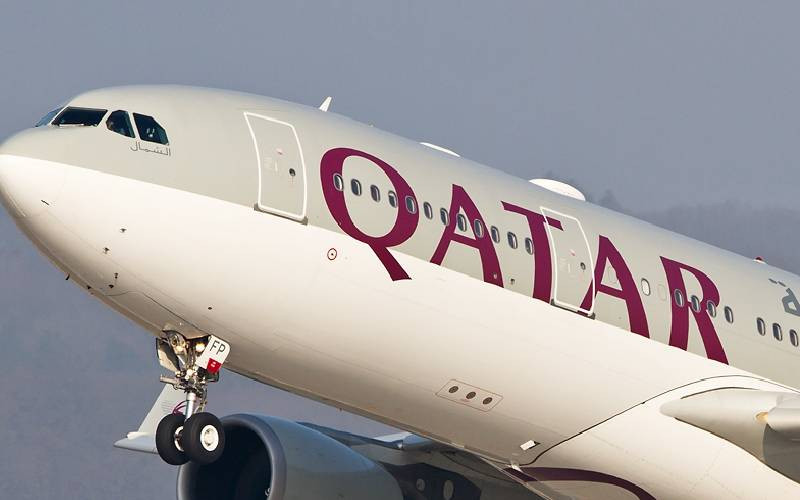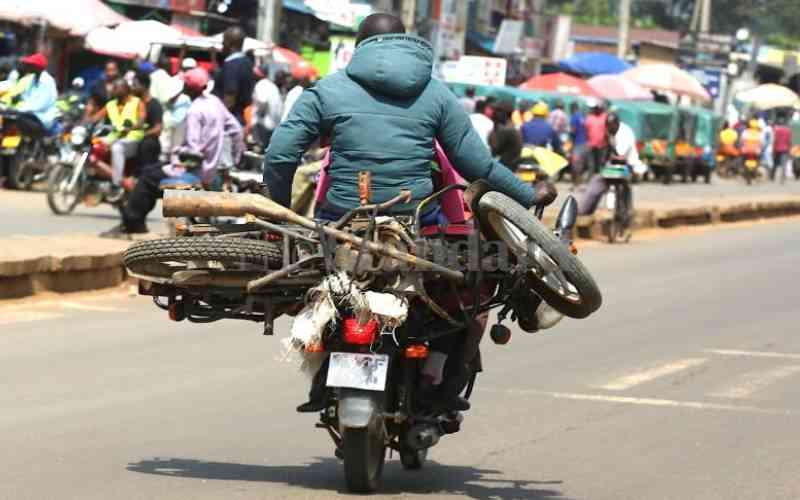
In 2008, President Mwai Kibaki lifted taxes on boda boda imports by zero-rating motorcycles of up to 250cc, creating a multi-billion-shilling market that would open up rural villages to new economies and prosperity.
This surge in income would grow Kenya's transport sector exponentially and the business that has sprouted around it has been immense.
However, it is drawing youth into violent crime and vigilante revenge killings that could get out of hand.
The motorcycle industry is lucrative, generating an estimated Sh1 billion annually and employing about one million Kenyans.
When Kenya rebased its economy in 2021, it found that the transport sector's contribution to total GDP had been underestimated by 2.8 points and was actually 10.8 per cent.
Part of this was the evolution of boda bodas, in branded reflector jackets bursting out in the last mile logistics and riding service industry.
At the height of the Covid-19 pandemic, boda boda operators were an essential service and the backbone of the logistics that allowed hotels to evolve into online orders business.
The entry of electric motorcycles has also significantly boosted the government's green transport strategy to reduce dependence on fossil fuels.
President William Ruto, while launching the national e-mobility programme in November last year, said the country planned to phase out motorcycles powered by internal combustion engines, which use fossil fuels such as petrol.
He said the government will adopt innovative, clean and sustainable energy technologies to not only reduce greenhouse gas emissions but also provide cheaper transport and spur the growth of the electric vehicle industry.
"The adoption of electric mobility is a priority intervention to address the challenges of pollution," he said.
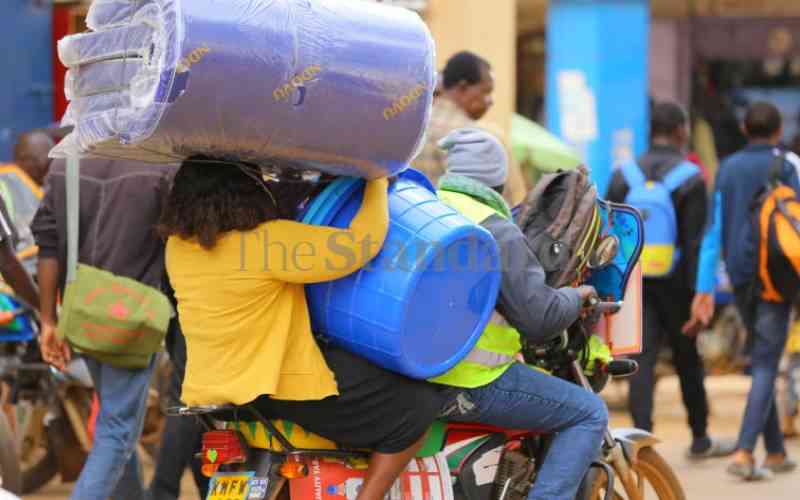
Boda bodas are in vogue and continue to show even further potential as the central node for green energy and future cities.
This rapid growth has been fueled by a lucrative asset finance business that turbocharged its penetration into the low end of the market.
For years, many riders who lacked collateral could not get bank loans to buy their own motorcycles and many turned to a rent model.
They would rent a boda boda from owners for between Sh400 and Sh600 a day, and keep whatever they made over and above the rental and fuel costs.
When Andris Kaneps landed in Mombasa eight years ago, he had no idea a conversation he would have with a rider at a boda boda stage would provide the solution that would make half a million Kenyans owners of their own motorcycles.
After his trip where he learned about the renting model, he helped found Watu Credit using the same concept but this time the prospective customers would own the bikes after a fixed period of time.
The model ignited and in less than a decade, five out of ten motorcycles in Kenya have been financed by Watu.
Today, the model is widely used by several asset finance companies including Momentum Credit, Mogo, Tugende Credit and Progressive Credit as well as e-mobility firms like Roam and MKopa, hoping to bring down the initial cost of investment into clean energy.
But the boda boda riders may have run out of runway as the market saturates and customer numbers decline. The business revenues have declined and many riders are unable to meet loan payments and are losing their units to auctioneers.
The saturation began in the wake of Covid-19 economic hardships when jobless Kenyans began joining the ranks of boda boda industry, given its low barriers to entry.
As Kenyans rendered jobless sought livelihoods in the booming boda boda business, the number of imported units exploded.
Boda boda imports rose to a peak of 129,121 in the third quarter of 2022 but then came the saturation and eventual correction.
The imports fell 90 per cent to 12,939 in the third quarter of 2023.
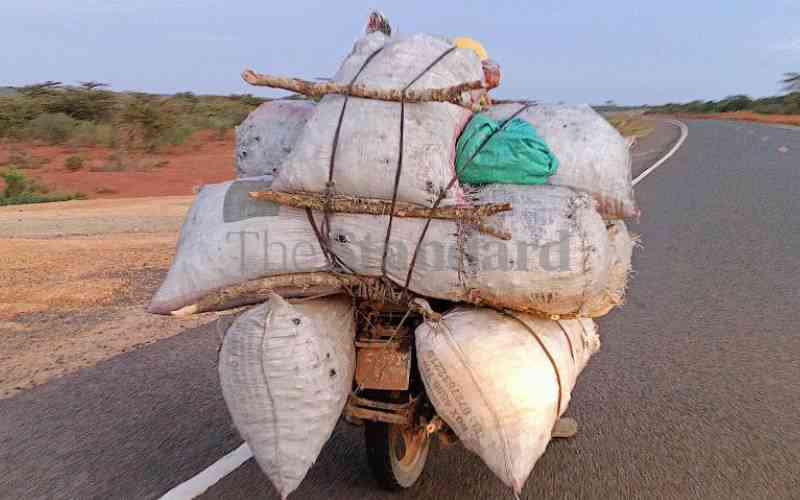
The biggest cause of the sharp decline has been the shilling's depreciation which has pushed motorcycles out of reach. However, the market may also be correcting.
During this time, tech-based logistic companies like Sendy and food delivery services like Kune were shutting down, plunging the sector into crisis.
The business was already deteriorating as more riders chased dwindling users who were also reducing on falling consumption.
As fuel prices began rising, meeting payments on the loans became even harder leading to widespread repossessions.
It is against this backdrop with former owners losing their livelihoods that Kenya may be witnessing a surge in crime.
The two-wheeler, which made it easy to move around Kenya's underdeveloped rural infrastructure, has become the currency for violent robbery.
There is scanty data on the number of motorcycle thefts. Attempts to get the numbers from insurers came up empty as they have not been collating the data.
But anecdotal evidence shows cases are rampant and rising. In Busia, the violence is leaving scores dead, hurting businesses and overwhelming the government's ability to maintain law and order in rising vigilante justice.
When I visited my childhood home in Bulanda, I was told of several cases of brutal deaths by bludgeoning with hammers, and a blowback of vigilante justice has seen several homesteads torched and accused people killed or banished.
Boda boda theft is being driven by other riders, repair outlets, demand for engine motorboats to navigate Lake Victoria, and an equally chaotic boda boda sector across the Ugandan border.
The villagers told me boda boda rider deaths had become common because the theft syndicates were growing so fast that every other rider was a suspect.
"Theft has increased considerably and those stealing them are just among us. Recently we caught one of the thieves and it is someone we know so well," Mugoya Feizal, one of the residents, says.
"In Mabale, Eric Chairman's homestead was also burnt down and in Mundulusia another one was also killed over motorcycle theft."
The fact that the perpetrators are known to them has meant that the crimes are turning violent as the villagers kill each other to eliminate witnesses.
 The Standard Group Plc is a multi-media organization with investments in media platforms spanning newspaper print
operations, television, radio broadcasting, digital and online services. The Standard Group is recognized as a
leading multi-media house in Kenya with a key influence in matters of national and international interest.
The Standard Group Plc is a multi-media organization with investments in media platforms spanning newspaper print
operations, television, radio broadcasting, digital and online services. The Standard Group is recognized as a
leading multi-media house in Kenya with a key influence in matters of national and international interest.

